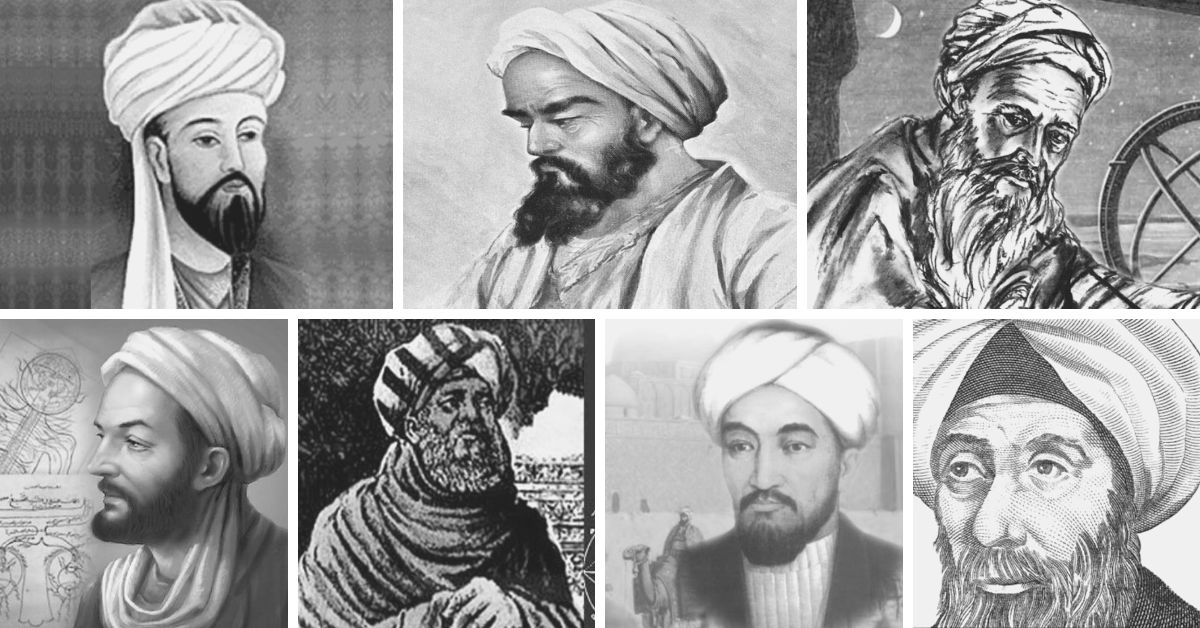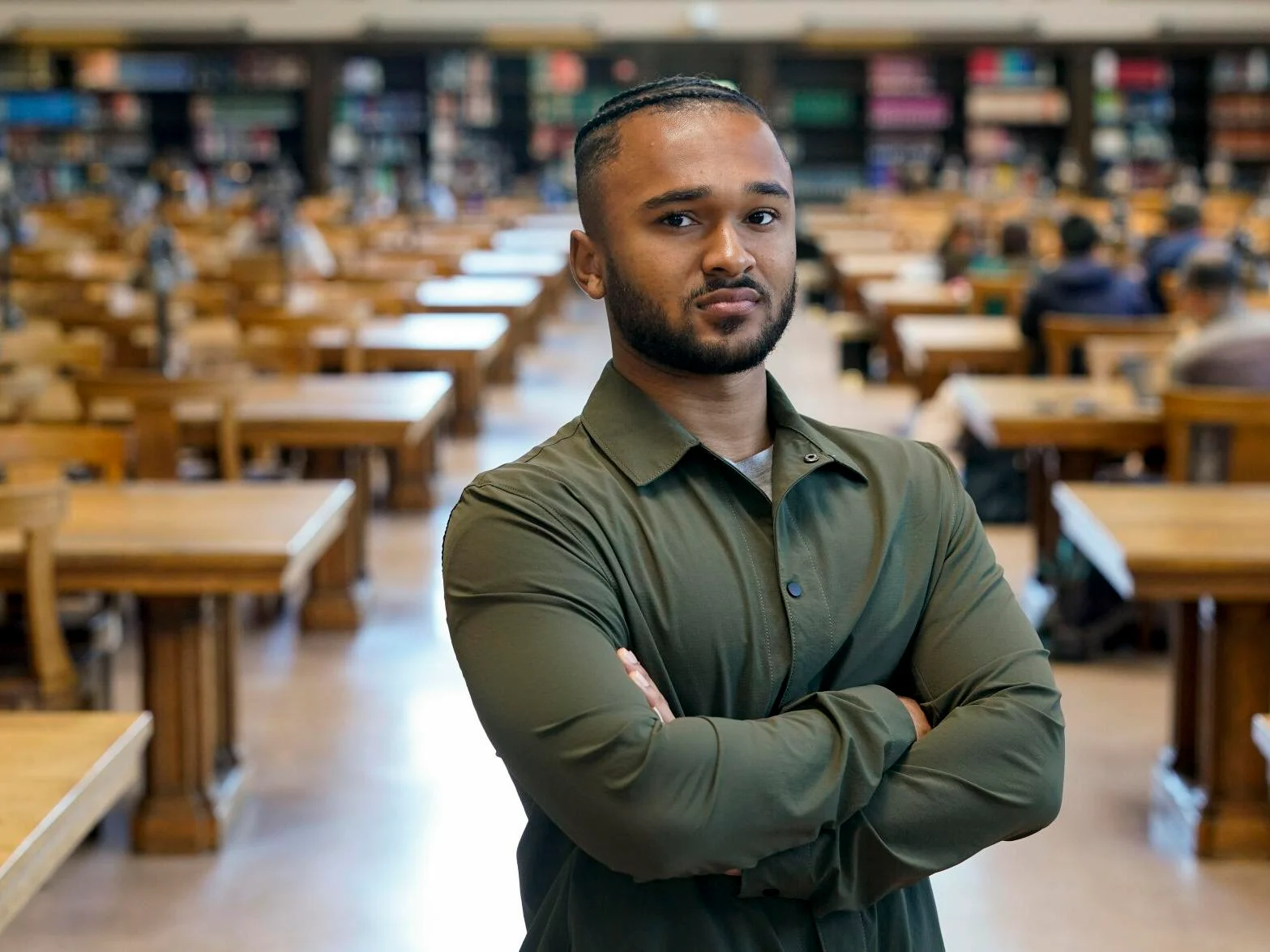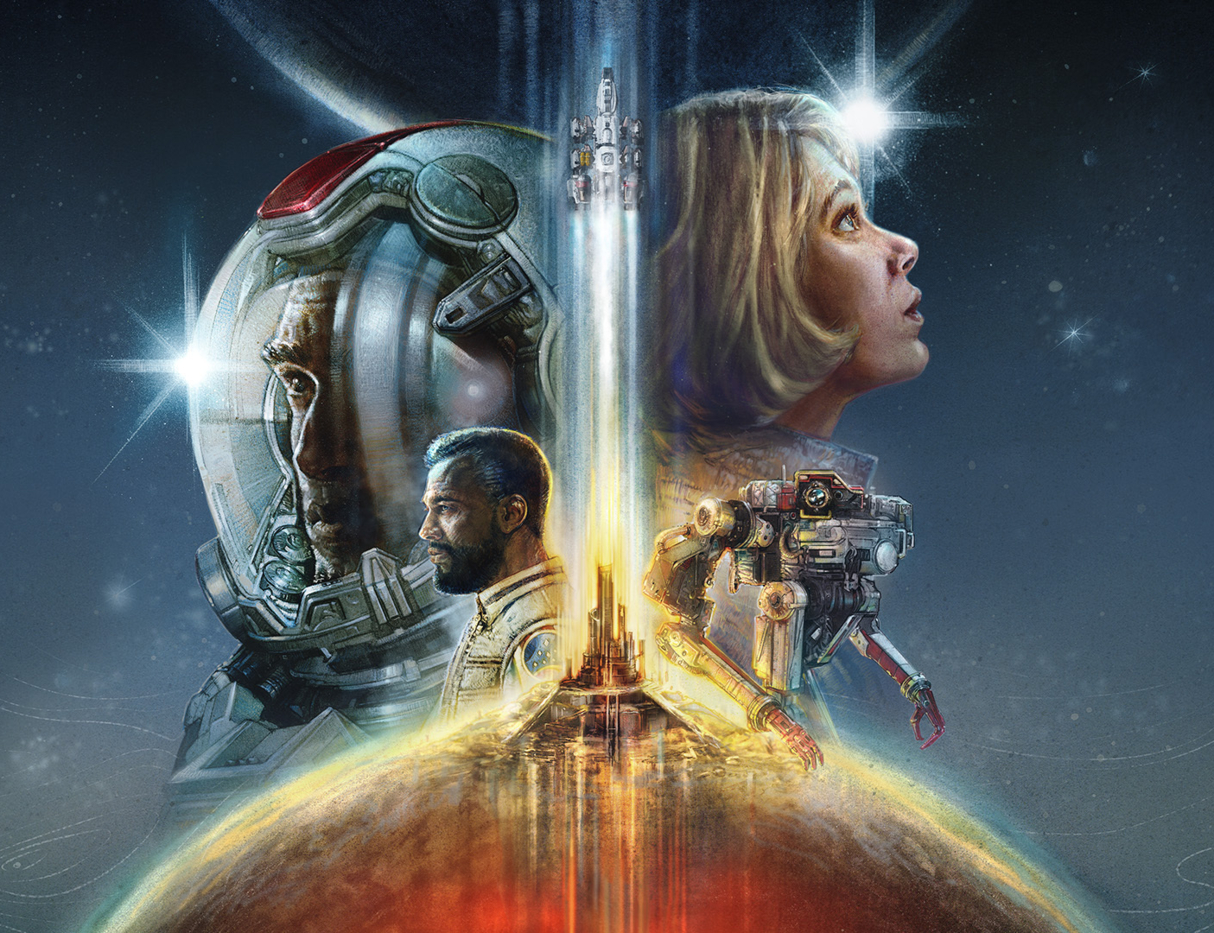Parkland Survivor’s Mindfulness AI App: Technology Healing
The Trauma and Innovation Story with AI App
After the 2018 Marjory Stoneman Douglas High School tragedy in Parkland, Florida, Kai Koerber has used technology to heal and empower herself. He was driven to help his classmates after seeing their emotional issues after the experience. While other survivors advocated for gun regulation, joined politics, or concentrated on healing and education, Koerber, a technologist, created a smartphone AI app.
His unique software, ‘Joy,’ uses AI to offer bite-sized mindfulness practices based on a user’s emotional state. This app’s capacity to assess a person’s emotions based on their voice tone, regardless of language or words, is unique.
Mental health perspective on healing beyond legislation
Recovery was the first focus following the tragedy. Koerber observed that although gun regulation and background checks were necessary, mental health was frequently overlooked.
PTSD took Koerber a long time to overcome. At the University of California at Berkeley, he formed a research team to investigate how revolutionary AI app may help people with emotions like melancholy, grief, and rage.
A Unique Mindfulness Method
‘Joy’ aimed to provide people rapid access to mindfulness techniques or wellness activities to meet their emotional requirements. These exercises are quick, often just a few seconds, so they may be easily integrated into regular life. This mindfulness method challenges the idea that it is solitary or room-bound.
Personalised Emotional Recognition with AI App
Users like Mohammed Zareef-Mustafa call ‘Joy’s voice-emotion recognition “different than anything I’ve ever seen before”. By speaking into the AI app, the system analyzes the user’s speech to assess their mood and proposes mindfulness practices.
Voice-only emotion recognition isn’t always accurate. If the AI doesn’t capture their mood, the app lets users choose. We want to provide people fast, personalized activities regardless of their mood.
Preview of ‘Joy’ Activities
The AI app offers activities based on users’ emotions. If a user declares they feel “neutral,” the app suggests “mindful consumption,” which encourages them to consider the lives and beings who produce their everyday consumption. Another exercise helps users apologize effectively. A nostalgic pastime asks participants to compose a message to their future selves on paper. The software proposes counting how many times they laughed in a week for depressed people to find pleasure, meaning, or fulfillment.
Work in Progress
Monthly memberships to ‘Joy’ cost $8, with yearly savings. As with any AI system, use improves accuracy and efficacy. It evolves with user demands.
Praise for Kai Koerber’s Vision
UC Berkeley professor Dacher Keltner, Koerber’s academic adviser on the project, calls him a leader of the future generation who uses technology to solve mental, physical, and environmental issues. Furthermore, Koerber’s work is based on his own experiences and his conviction that technology should improve the world.
The Mental Health AI App Landscape
Wellness AI app for mental health are many. However, their efficacy is frequently questionable. Vanderbilt University biomedical informatics professor Colin Walsh believes a person’s speech may reveal their emotions. And then, he stresses the need of user input to ensure the software matches their emotional condition.
Here, the stakes are high. Moreover, technology may improve mental health, but its use must be considered. Apps may suggest safe activities like spending time outside.
Bridging Mental Health Support Gaps
Wellness and mental health applications are in demand because society recognizes unmet needs. Despite improvements in mental health, technology used to close gaps.
Koerber reminds us that trauma survivors need time to recover. And then, recovery might take years and has enduring effects.
A Slow, Focused Approach
Koerber prioritizes producing high-quality, public-good products above IT entrepreneurs’ “move fast and break things” approach. And them, his path is fueled by the notion that technology should improve mental health worldwide with AI app.









